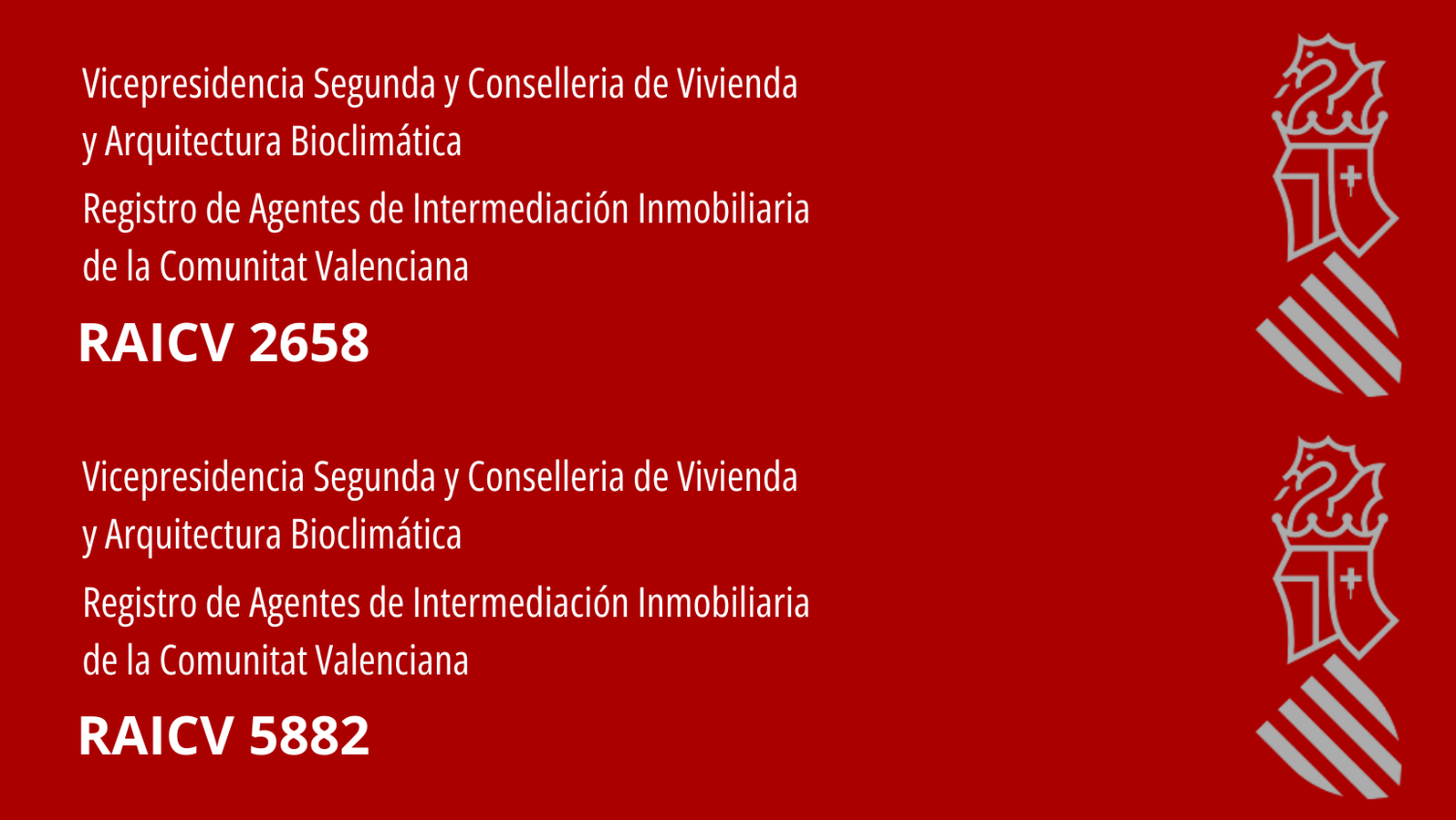What is Plusvalía Tax and Who Pays It?
14/10/2025

When selling a property in Spain, one of the most common questions is about the “Plusvalía” tax. Officially called the Impuesto sobre el Incremento de Valor de los Terrenos de Naturaleza Urbana (IIVTNU), this municipal tax is applied when urban land is transferred — such as in a property sale, inheritance, or gift.
How is Plusvalía Calculated?
Plusvalía is a local tax set by each town hall. It is based on:
-
The cadastral value of the land (not the property itself).
-
The number of years the seller has owned the property.
-
A percentage rate established by the municipality.
Importantly, Plusvalía does not measure how much profit you made on the sale. Even if you sell at a loss, the tax may still apply, though recent court rulings allow owners to contest it in cases where there is no real gain.
A Real Example in Catral
Let’s imagine a seller in Catral who purchased their home 15 years ago. The cadastral value of the land (excluding the building) is €30,000. The town hall applies its own coefficient based on years of ownership and a local tax rate.
-
Years owned: 15
-
Cadastral land value: €30,000
-
Example coefficient applied: 0.15
-
Local tax rate: 30%
Calculation: €30,000 × 0.15 × 30% = €1,350 Plusvalía tax
This means that even if the seller didn’t make a big profit on the property, they would still need to pay around €1,350 to the Ayuntamiento when selling. In some cases, the figure can be lower, but in others (especially for long ownership periods and higher land values) it may run into several thousand euros.
Who Pays Plusvalía?
-
In sales, the seller is normally responsible for paying Plusvalía.
-
In inheritances or gifts, the beneficiary (heir or recipient) pays.
-
In rare cases, if the seller is a non-resident, the parties may negotiate, but by law the obligation rests with the seller.
When is it Paid?
The payment must be made to the local town hall within 30 days of signing the deed at the notary (or 6 months in the case of inheritance, extendable to 12).
Why is it Important to Check Early?
Because Plusvalía is calculated at local level, it is always best to request an estimate from the town hall before completing a sale. At Holiday Homes Catral, we guide our clients through this step to ensure there are no surprises after signing.
At Holiday Homes Catral, we always explain Plusvalía clearly during the selling process. We request estimates from the local council, inform clients of their obligations, and ensure the tax is paid correctly after the sale. Our goal is that every seller understands exactly what they will net after costs.
⚖️ Disclaimer: The above refers to the Alicante province / Valencian Community. Plusvalía is a local tax, and exact amounts depend on the regulations of each municipality. Always verify with your town hall or legal advisor before signing.
